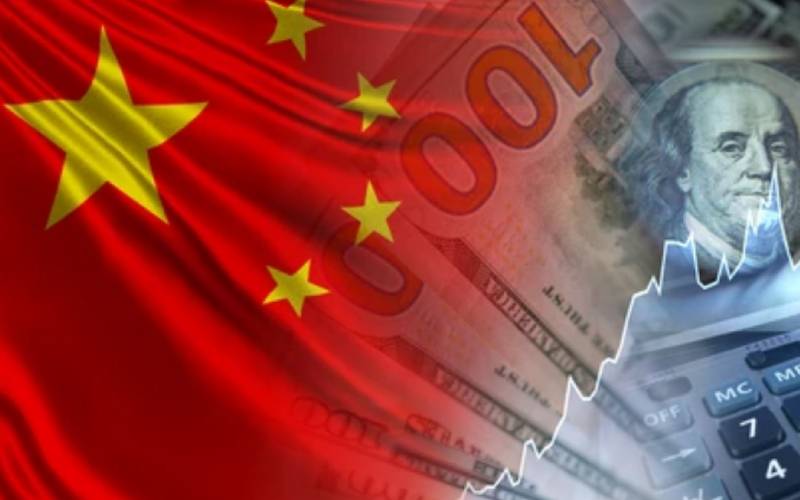×
The Standard e-Paper
Join Thousands Daily

Data showed power constraints contributed to slowing growth in China in the third quarter. [Courtesy]
Power shortages helped drive down China’s economic growth to its slowest in a year, while surging coal prices on Monday threaten more pain for Chinese industry and global supply chains.







